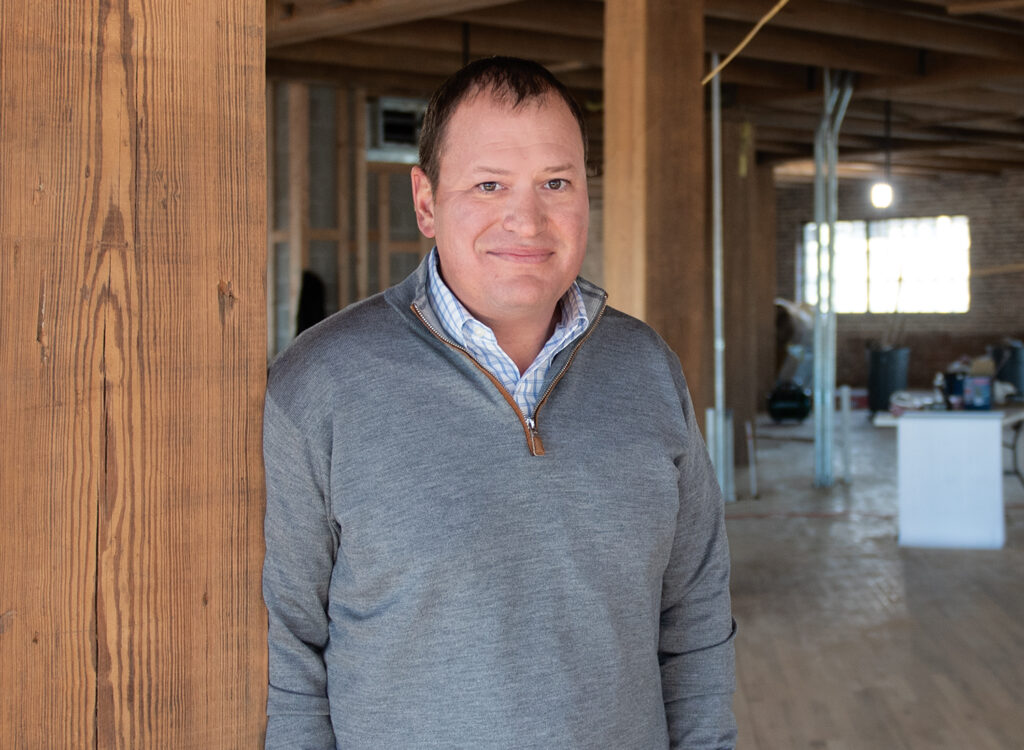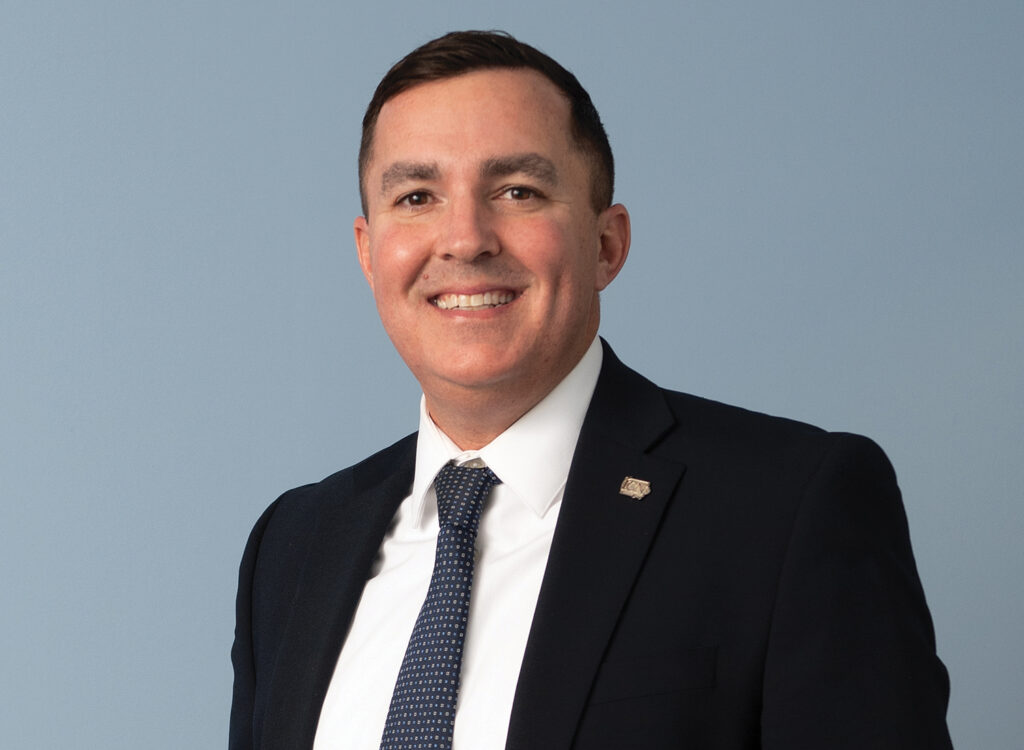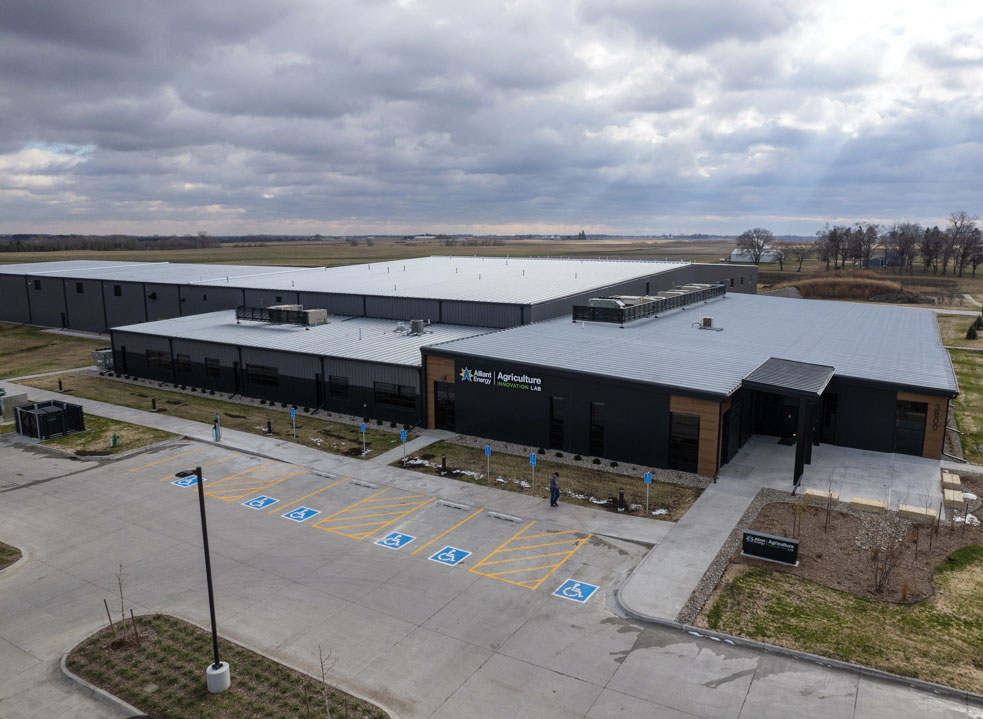Legislative preview: Hope for action?
Business groups eye development, water quality initiatives

PERRY BEEMAN Dec 18, 2015 | 12:00 pm
4 min read time
865 wordsBusiness Record Insider, Government Policy and LawAs they do before most sessions, legislative leaders have been making the rounds of Iowa’s business organizations and issuing warnings that money will be short. That may be especially true this year, as the sagging agricultural economy has been a drag on sales tax receipts.
“It is going to be a bit of a challenge,” Democratic Senate Majority Leader Michael Gronstal said at the Greater Des Moines Partnership’s legislative luncheon this month.
Said House Majority Leader Chris Hagenow, a Republican: “The budget is already challenging. It certainly could be worse than this year. The economy seems to be pretty strong.”
Official state revenue projections on Dec. 10 were lowered to $7.04 billion for the current budget year, down $9 million from the October projection. The current prediction is for $7.33 billion for the next budget year, which will be the subject of this session’s debates. That’s down $21 million.
There are other challenges that might make it hard to pass bills this year:
— The Legislature is still split, with the Democrats holding a majority in the Senate and the Republicans controlling the House of Representatives. Gov. Terry Branstad is a Republican, and his willingness to veto legislation regularly is a factor in what gets done.
— The looming elections next year will mean a largely do-nothing session, if history is any guide.
— For all the talk of peace, love and understanding among the parties before the session, the warm glow of understanding usually is quickly extinguished by partisan debates and election posturing.
Gronstal isn’t even waiting that long. He took time at the Partnership lunch to call the governor either uninformed or a liar for the way he handled a veto of one-time assistance to schools last session that Gronstal said had been negotiated with the governor’s staff. Branstad, who regularly opposes one-time spending on operations, then vetoed the bill. “That puts us at a bad starting place” for the session that begins Jan. 11, Gronstal said.
What’s on business groups’ wish lists? We’ve read the white papers and attended some of the sessions at which legislative priorities were revealed. Look for lobbyists to call for a sleeker tax code, a range of workforce development initiatives, more spending on water quality, a revamped local option tax system, more elaborate development incentives and renewable chemical tax credits, among other things.
Here are capsules on a few high-profile subjects up for debate:
Workforce development. The Partnership is among the groups supporting reform of the Career and Technical Education in Iowa program. The Iowa Association of Business and Industry calls for more funding for programs that educate Iowans and given them experience through apprenticeships and other programs.
Taxes. Iowa continues to get mixed ratings nationally for its tax structure. The Iowa Chamber Alliance again called for a simplified, more business-friendly tax code.
Water quality. With Des Moines Water Works’ lawsuit against three northwest Iowa counties over nitrate pollution pending in federal court, lawmakers will be under more than the usual pressure to raise the sales tax to fill the Natural Resources and Outdoor Recreation Trust Fund or to take other actions to encourage more spending on water quality efforts. Gronstal noted that the Legislature provided $20 million to jump-start those efforts earlier, but conceded, “This will be different. You have to do something. You have to create a very collaborative system.”
Gronstal said what is viewed as a $2 billion to $4 billion problem could be solved over the next 25 years if the state could come up with $25 million a year, and the federal government did the same.
Local option tax changes. The goal among supporters is persuade lawmakers to change state law to allow municipalities in Greater Des Moines and the Iowa City area to vote individually on local option sales taxes, as cities around the state have.
Joseph Jones, the Greater Des Moines Partnership’s senior vice president for government relations and public policy, said his organization and its members have dozens of items on their legislative agendas. One area seems to be particularly of concern.
“The biggest thing we’re seeing is workforce is a critical thing for the coming years,” Jones said, addressing a common complaint of worker shortages. “That is where business anticipates needs.”
Another biggie in Jones’ view: the local option tax for cities that now can’t individually ask voters for approval because they are contiguous to other cities. That means they have to have a joint vote under current law.
Jones said the renewable chemical tax credit passed the Iowa House of Representatives twice last year, but senators need more time to examine the details. “The big win is the job creation and the economic impact in the Cultivation Corridor and the entire state,” Jones said.
The idea is to take byproducts from biofuels manufacturing and create new chemicals that can be used in food and cosmetics, for example.
Regarding the water quality debate, Jones said that issue goes far beyond debate over state tax credits or a new sales tax. “It is going to take more than the legislative approach to make this work,” Jones said.
“A layered approach is the way to do it,” he added.







